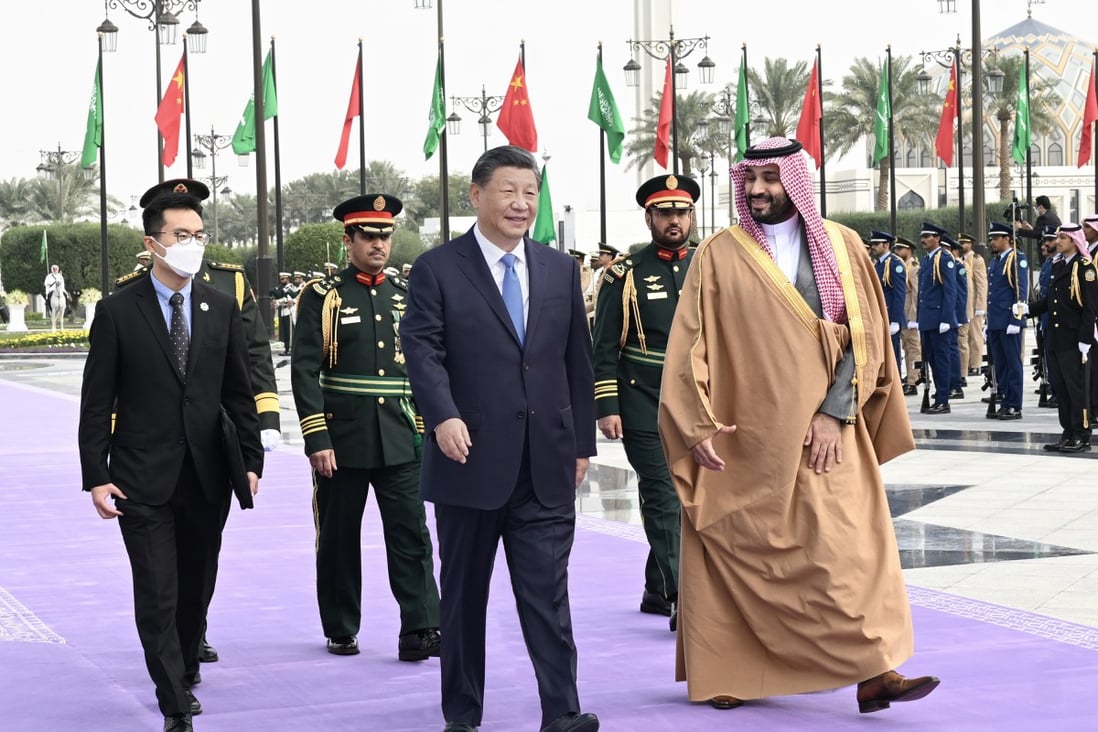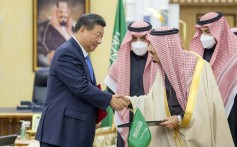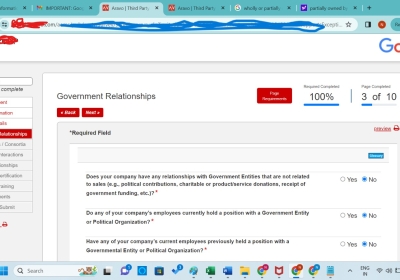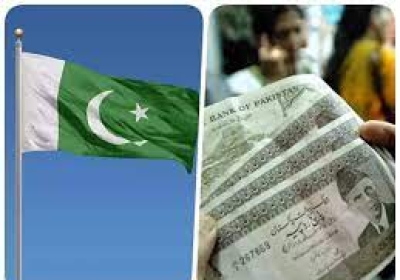China urges Saudi Arabia to help speed up efforts for Gulf free-trade zone


China urges Saudi Arabia to help speed up efforts for Gulf free-trade zone
- Foreign Minister Qin Gang tells his Saudi counterpart Prince Faisal bin Farhan Al Saud the two sides should strengthen economic cooperation
- US Secretary of State Antony Blinken is visiting the Middle East to try to bolster Washington’s position as China’s influence grows

Chinese President Xi Jinping pictured with Saudi Crown Prince Mohammed bin Salman during his visit to the kingdom in December. Photo: Xinhua via ZUMA Press
Chinese Foreign Minister Qin Gang has renewed efforts to boost economic ties with Saudi Arabia, including a push for a China-Gulf free-trade zone “as soon as possible”, as US Secretary of State Antony Blinken began his visit to the region.
Qin told his Saudi counterpart Prince Faisal bin Farhan Al Saud in a phone call on Monday that China looks forward to expanding economic cooperation after President Xi Jinping’s trip to the country last month.
“China highly appreciates Saudi Arabia’s consistent and firm support on issues involving China’s core interests,” Qin said, according to an official statement on the call published on Tuesday.
Qin said both sides should expand cooperation on the economy, trade, energy, infrastructure, investment, finance and technology.
He added that there should be continued strengthening of the “China-Gulf strategic partnership” and he hopes to see the establishment of a “China-Gulf free-trade zone as soon as possible”.
According to a statement from the Saudis, the two also discussed both regional and international issues and “efforts exerted in this regard to enhance security and stability”.
Beijing has been stepping up efforts to boost ties with the region, especially with Saudi Arabia, its biggest supplier of crude oil.
The proposed free-trade zone is central to its plans as it seeks to secure its energy supplies at a time of ongoing geopolitical tension and fluctuations in the global oil market following Russia’s invasion of Ukraine.
Blinken landed in Egypt on Sunday for a three-day visit to the Middle East. The upsurge of violence between the Israelis and Palestinians, Iran’s nuclear programme and Russia’s invasion of Ukraine are all on his agenda.
EVERY SATURDAY
A weekly curated round-up of social, political and economic stories from China and how they impact the world.
Yet Washington’s relations with Saudi Arabia have come under growing strain in recent months over Riyadh’s support for cuts to oil output – a move that keeps prices high – and the domestic and international backlash following Joe Biden’s visit to the kingdom in July despite an earlier pledge to make it an international “pariah” following the 2018 murder of journalist Jamal Khashoggi.
Saudi Arabia signs Huawei deal during Chinese leader Xi’s visit despite US security concerns
The US has also grown more wary of China’s growing influence in the region, with Biden vowing that the US would not leave a “vacuum” in the region.
Beijing’s efforts to strengthen relations appear to be bearing fruit and Xi’s visit last year saw the two sides signing 46 agreements and memorandums worth US$50 billion.
However there are still areas where progress has been slower and it has yet to get the Saudis to agree to use the yuan for oil trading.
Meanwhile, discussions between China and the Gulf Cooperation Council (GCC) members – Bahrain, Kuwait, Oman, Qatar, Saudi Arabia and the United Arab Emirates – about a free-trade deal have been going on since 2004.











